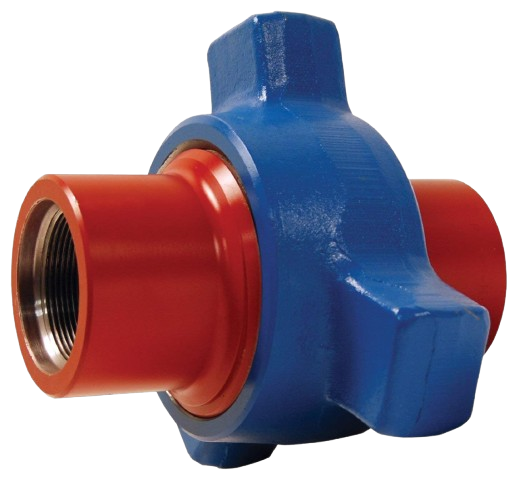Sales-Marketing-Business Consultant
Our Speciality
We have a 17-year proven track record in Selling Tremendous numbers of containers worldwide (mainly USA) for products like Forgings, Casting, Forged fittings, Hammer unions, Integral Fittings, API 6A/16A/16A, ASME /ANSI Components

Pipe & Forged Fittings
ASME/ANSI/API6A/16A/16C Etc

Forgings & Oilfield Fittings
Forgings Open/Die Forging Items, Flanges, Spools, Round, Blocks, ASTM A105, 1026, AISI 1040/4130/4140/4145/EN8D, A234WPB A106, SG, SS, INCONEL etc,
Hammer Union
From Figure 50 to 2202, Pressure Ranges from 500 to 15000 PSI
Material of Construction
ASTH A105/1026/1045, AISI 1040/4130/4140, EN8D Etc

Export Heavy Forgings & Finished Products with our Guidance
We have On-site USA, Canada, Gulf, Europe Selling Experience

Forged Fittings
High Pressure Integral Fittings AISI 4130

Plug Valves
Union End Plug valve AISI 4130

Pup Joints
Union End Pup Joints AISI 4130
Export Fabricated Products to USA

Fabricated Structures
Export These structures to USA

Increase customize Product capabilities
Supply Welded customized fittings
Export Casting
SG Iron, Alloy Steel, Carbon Steel, SS etc

We are Business Mangement Consultant
We are a specialized business management consulting firm focused on delivering strategic, operational, and organizational excellence to companies operating in heavy industrial sectors such as forgings, castings, oilfield fittings, and ASME fittings. With deep industry knowledge and a practical, results-driven approach, we help companies build stronger foundations, streamline operations, and achieve sustainable growth in highly competitive global markets.
Deep Understanding of Industrial Manufacturing
Our consulting services are rooted in hands-on knowledge of metalworking industries. We understand the unique challenges faced by manufacturers of forgings and castings—from raw material sourcing, tooling, and process control to quality assurance and delivery lead times. We also support businesses that supply oilfield components and pressure-rated ASME fittings, where compliance with industry standards and customer specifications is non-negotiable.
Strategic Business Planning
We work closely with leadership teams to define and refine their business strategies. Whether your goal is to expand into new markets, develop OEM relationships, diversify your product line, or improve financial performance, we offer clear, actionable strategic roadmaps. Our market intelligence and industry benchmarking give you the edge to make well-informed decisions and stay ahead of the curve.
Operational Efficiency & Cost Management
In industries where margins are under constant pressure, operational efficiency is a key driver of profitability. We help businesses implement lean manufacturing principles, optimize workflows, reduce waste, and enhance overall productivity. From shop floor layout to supply chain management and inventory control, we identify opportunities for cost savings without compromising product quality or delivery reliability.
Quality Systems & Compliance Support
For businesses in oil & gas and pressure equipment sectors, regulatory compliance is critical. We assist clients in aligning their operations with global standards such as ASME, ASTM, API, and ISO certifications. We help implement robust quality management systems (QMS), support audit readiness, and ensure documentation and traceability processes meet the demands of domestic and international customers.
Digital Transformation & ERP Implementation
Modern business requires digital agility. We guide traditional manufacturing companies through digital transformation—whether that’s selecting and implementing the right ERP/MRP systems, automating production planning, or integrating real-time data tracking. Our goal is to make technology work for your business, improving decision-making, visibility, and responsiveness.
Organizational Development & Leadership
A strong business is built on capable people. We assist in organizational restructuring, talent management, and leadership development to build agile, accountable, and high-performing teams. Our programs include succession planning, KPI-based performance systems, and leadership coaching—designed to foster a culture of continuous improvement.
Your Trusted Partner in Industrial Business Growth
We don’t just offer advice—we build partnerships. Our focus is to deliver measurable value and long-term results. Whether you’re a forging house, a casting unit, a fittings manufacturer, or a supplier to oil & gas or pressure vessel industries, we bring the strategic insight, operational expertise, and execution support needed to move your business forward with confidence.
